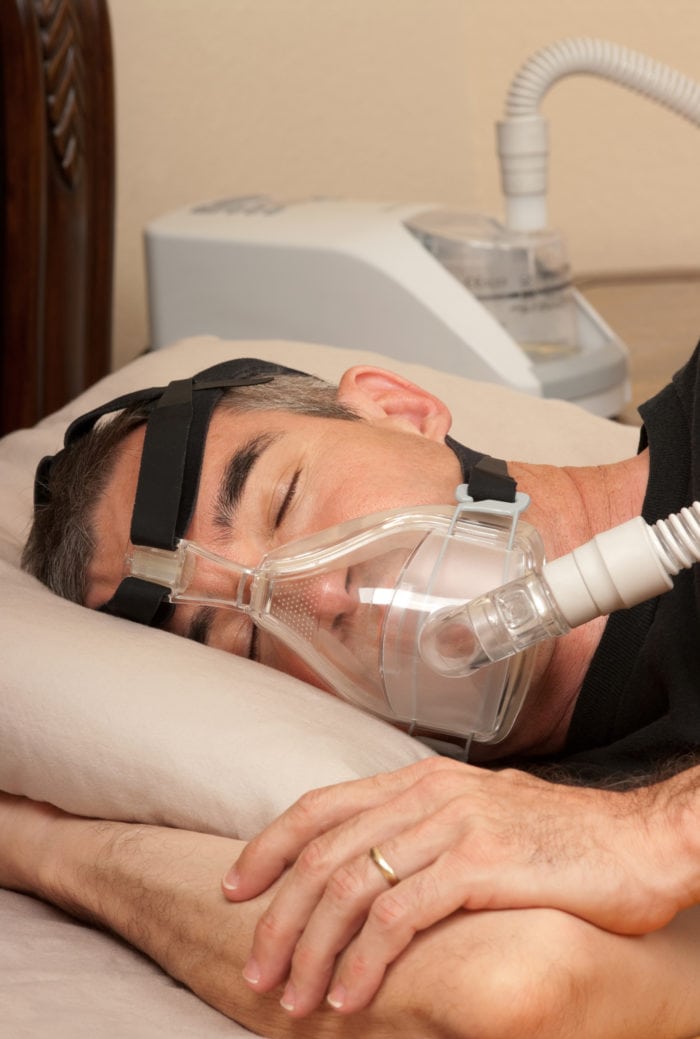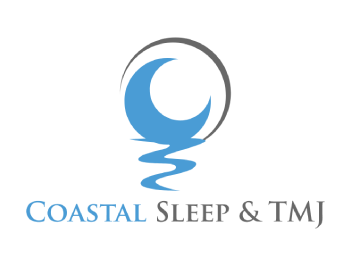Are you exhausted by the afternoon, even after a full night’s sleep? Do you often wake up with a headache? Do you ever have a difficult time concentrating at work?
Dr. William Harper works with patients to coordinate and schedule sleep testing with your general practitioner. A physician is the only medical professional certified to diagnose obstructive sleep apnea and related sleep disorders.

It is important not to make assumptions about your sleep issues. Sleep testing is integral to making an accurate diagnosis and choosing the best treatment option for your needs. If you do not have a regular physician and would like to be tested for possible sleep apnea, Dr. Harper can help you.
He will determine your risk, and symptoms, and recommend a local physician for a thorough evaluation. After we have evaluated and properly diagnosed your issue, we can recommend treatments. Dr. Harper provides a variety of sleep apnea treatments in the Hampton Roads area.
How to Prepare for Sleep Testing
Many patients want to ensure that they sleep during their sleep test. Waking up earlier than usual and not napping before the sleep test can increase your chances of sleeping soundly during your test.
Before sleep testing, there are multiple things you can do to prepare:
- Avoid Sleep Aids: If you take melatonin or sleeping medication, talk with your doctor before testing. They will most likely tell you not to bring sleep aids. Sleep aids are only required if you do not fall asleep during your test. However, most patients will eventually fall asleep.
- Don’t Drink Alcohol: Even if you drink to help sleep better at night, alcohol can alter the results of your sleep testing. Refrain from drinking before your test.
- Avoid Caffeine: Do not drink tea, coffee, soda, or energy drinks before your sleep testing. Avoid chocolate and other foods that often hide caffeine.
- Don’t Wear Lotions or Gels: Avoid wearing body lotion or putting gel in your hair before your test, as they can make it more difficult to attach sensors.
You can bring a bag with pajamas and may also bring your own pillow to your sleep test. Ensuring you are as comfortable as possible can help you sleep more effectively for your test.
Home Sleep Studies and Sleep Testing in Hampton Roads
Dr. Harper will evaluate whether you require an in-lab sleep study or home sleep apnea testing. Typically, we recommend a sleep study before sleep testing.
At-Home Sleep Study
A sleep study is performed in the comfort of your own home. Sleep studies often occur over one or more nights, using portable sensors that measure airflow, blood oxygen levels, and heart rate. In-lab sleep tests use more sensors to measure different aspects of sleep apnea, including brain waves and body movement.
Once you complete the sleep study, you can return the sensors to your provider’s office. If you do not have any known sleep disorders or medical conditions, we will recommend an at-home sleep study for you.
At-home sleep studies are great initial tests for patients at risk of moderate sleep apnea. Patients may require more testing after an at-home sleep study to distinguish sleep apnea from other sleep disorders and to get more information about their symptoms.
Sleep Testing
We may require sleep testing after your study. Sleep testing may be conducted at a sleep center or hospital unit. Before the test, you will arrive at the sleep center, and a sleep technologist will ask about your sleep habits and symptoms. You will also get a room with standard blankets and pillows, though you can bring your own pillow so you’re more comfortable. A sleep test is called Polysomnography. To begin this test, a technician will attach electrodes to your arms, legs, chest, and head.
A polysomnography uses these electrodes to record:
- Brain waves
- Blood oxygen levels
- Heart rate
- Breathing
- Arm and leg movements
- Eye movements
- Body position
Tests can determine the right treatment for your sleep disorder or adjust treatment to fit your needs best. After your sleep test, it will take a week to receive results. A technician will chart your sleep stages and cycles, and a physician will review your sleep test to create a report.
Sleep Testing FAQs
Dr. Harper will work with your general practitioner to schedule your sleep testing or a sleep study at a facility.
What happens during a sleep test?
During a sleep test, a technologist places electrodes or sensors on the body to measure position, heart rate, breathing, and other factors. As you sleep, they will record any sleep apnea symptoms you experience during the test.
Do sleep tests hurt?
Sleep tests are painless and non-invasive. Technicians will attach electrodes to your body, typically on your head, limbs, and chest. While the sensors may make sleeping less comfortable than sleeping without them, they will not hurt.
Should I have sleep testing?
We will recommend sleep testing for patients who experience signs of sleep apnea. Sleep testing is useful for patients who experience these symptoms:
- Fatigue
- Insomnia
- Depression
- Snoring
- Daytime Sleepiness
How long is a sleep test?
Attaching the sensors to your body can take 30 to 45 minutes. Then, the sleep test will start from 10:30 to 11:30 p.m. and last seven or more hours.
Why should I get sleep testing?
Sleep testing can help determine the frequency and severity of your sleep apnea symptoms. Using the results from your sleep testing, we can find the best treatment options to minimize and eliminate your symptoms.
What happens if I can’t sleep during a sleep test?
It’s normal to find it more difficult to fall asleep in an unfamiliar environment. You only need to sleep for about two hours to receive sufficient results from your sleep test. However, if you can’t fall asleep during your sleep test, you may be allowed to take sleep aids.
Contact Our Office Today
Do you think you may have sleep apnea? Let us help! Call Dr. Harper for an examination at (757) 600-6535 or schedule a consultation online. Dr. Harper can help you find a sleep testing center near you.
